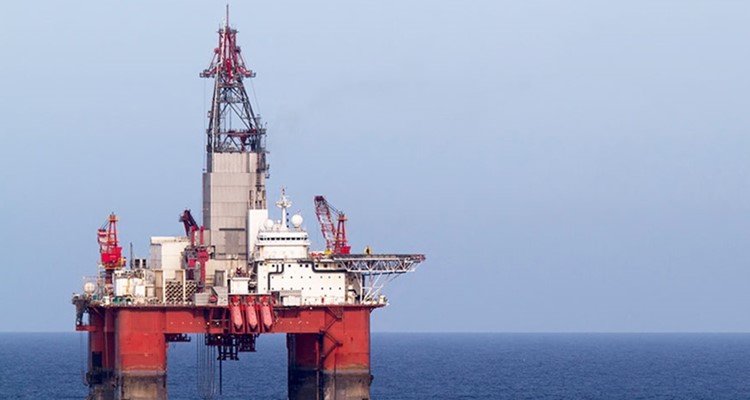The Oil and Gas Industry
With up to six months off every year, working offshore can seem an attractive option for many. But before you reach for the pen to apply for your first offshore position, there a few things to consider.
Offshore Oil and Gas Training
To work offshore there are a number of mandatory safety certificates required by the oil and gas sector and approved by OPITO, the industry’s official training body.
First off, you’ll need a valid and in-date Oil and Gas UK (OGUK) medical certificate and a valid and in-date Fit to Train certificate. These certificates are prerequisites for basic training and show you’re medically fit to work in the offshore sector and OK to use an emergency breathing system (CA-EBS).
After that you’ll need the Basic Offshore Safety Induction and Emergency Training (BOSIET) certificate. This three-day course is compulsory for everyone working offshore and covers the specific safety issues and regimes on offshore installations, including travelling offshore by helicopter. During the course, you’ll learn how to deal with an emergency helicopter ditching and how to survive at sea so be prepared to get wet!
Anyone travelling by helicopter to an offshore installation, needs to have their shoulders formally measured by a specially trained person as seats are allocated according to size. If you don’t have your shoulder-width measured, you’re automatically classified as Extra Broad (XBR) which means you might not be allowed on certain flights restricting your work opportunities.
In addition to a BOSIET, many offshore oil and gas operators require new entrants to have OPITO Minimum Industry Safety Training (MIST). This two-day training course provides the basic knowledge and understanding of the key safety elements of working offshore.
For those looking to work in the North Sea or in Norwegian waters, you’ll need a Norwegian Escape Chute course to learn how to use this particular evacuation system and an OPITO Compressed Air Emergency Breathing System (CA-EBS) certificate to show you are competent to use the CA-EBS system. OPITO BOSIET with CA-EBS is often available to combine the two certificates in one course. For all these mandatory training courses expect to pay anywhere between £1,100 to £2,000 plus VAT.
Oil & Gas New-Starter Packages
AIS Survivex have created discounted course packages to bundle this mandatory training for you available in Newcastle and Aberdeen.
Offshore Survival New-Starter Package (International & UK Waters) >>
Offshore Survival New-Starter Package (North Sea) >>
Offshore Maintenance New-Starter Package >>
Offshore Banksman Slinger New-Starter Package >>
Offshore Rigger New-Starter Package >>
Offshore Rope Access New-Starter Package >>
Don't forget 0% finance is available on our courses and packages. Email the team or call 0330 202 0668 for more information.
Working Offshore in Oil and Gas
Depending on your employer and the platform, offshore shift patterns tend to be two weeks on, two weeks off or three-week rotations.
A typical day starts at 6am and finishes at 6pm and may include nightshifts as rigs operate 24 hours continuously. You’ll need to have a head for heights as offshore work can involve eye-watering distances from the ground with some tasks taking place as much as 400 feet plus above sea level.
After your shift, you’ll hand over to the next team and enjoy some much-needed downtime. Oil platforms have everything from gyms to TV rooms, saunas and reading rooms with wi-fi commonplace so there’s always plenty to do when you’re not working.
One of the biggest draws for offshore work is the amount of time off you get. Pay rates vary but according to TotalJobs the average salary in oil and gas is £37,500.
But offshore life isn’t for everyone. Being away from friends and family for extended periods of time and living in close proximity to dozens of men can prove challenging for some. Just make sure you’re well aware of the pros and cons beforehand.
Top Tip
Be persistent.
Scooping your first offshore position can seem like a Catch 22 situation with many employers asking for existing offshore experience, as well as your certs, before they’ll take you on. Luck and timing can play a big part in success so make sure you contact recruiters regularly to make sure your name is high on their radar. Being successful can be as simple as being in the right place at the right time. The more course certificates you hold also pushes you up the pecking order, making you more employable.
